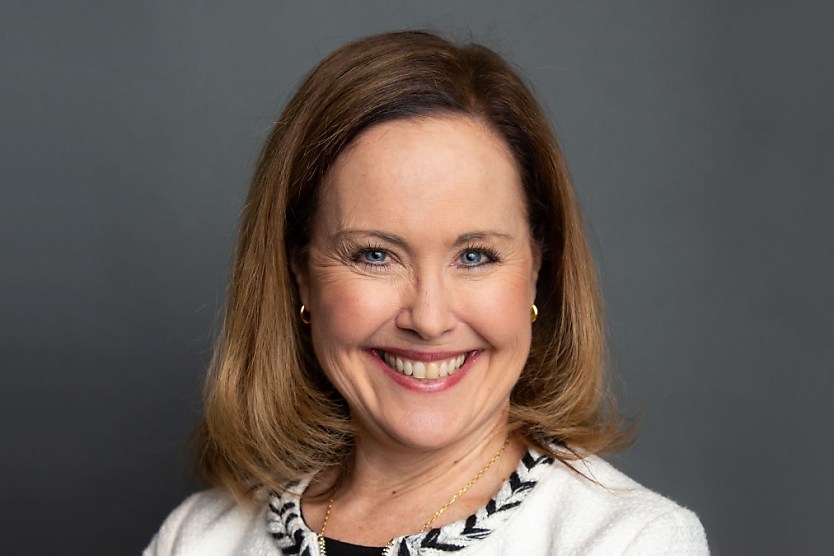
The chief people officer (CPO) plays a crucial role in the organisation of employees, whether that’s through team building, training, or working to boost productivity and retention.
With company culture and wellbeing becoming more and more of a consideration for candidates, the need for effective CPOs has never been stronger. Natalie Dopp, HireVue’s CPO, believes that success and strategy go hand in hand with the position.
“Building strong company culture and employee engagement is critical to the success and productivity of any organisation as it directly impacts job satisfaction, retention rates, and overall performance,” said Ms Dopp.
“As a strategic leader, the chief people officer is responsible for designing and implementing initiatives that foster a positive and inclusive work environment. This involves defining the company’s core values, aligning them with its business goals, and ensuring they are integrated into every aspect of the organisation.”
She continued: “Additionally, the CPO champions employee wellbeing by promoting work/life balance, professional growth opportunities, and open communication channels. Through these efforts, the chief people officer ultimately contributes to a cohesive, motivated workforce and a distinctive company culture that drives success.”
For a CPO to operate effectively in their position, there are a few key ideas that must be promoted. To start with, Ms Dopp noted that culture should be a focus of any successful CPO.
“The overarching role of a CPO is to build a work environment that aligns the company’s people strategy with the wider business objectives. Building a positive work environment that promotes employee engagement is always at the forefront of the work we do,” she explained.
“Strong employee engagement is built on a foundation of trust and camaraderie. An easy starting point is to encourage clear and honest communication throughout the business. Create mentoring frameworks where feedback can be shared and addressed on an ongoing basis, transparently share business information and updates, create opportunities for active participation in discussions and decision making.”
The rise of remote and hybrid working has thrown a spanner in the works for many business roles. This is true for CPOs also, as engaging employees becomes trickier when you remove that face-to-face connection.
“Another key consideration is the continued surge of remote and hybrid work. While the pandemic played a key role in accelerating the adoption of these new work models, the ongoing focus for CPOs is to ensure any flexible workplace policies maintain productivity while also nurturing a sense of belonging and inclusion amongst employees,” Ms Dopp said.
“Outside of this, you can also introduce workplace incentives to help boost employee engagement. Scheduling social events encourages creating human connection, providing training opportunities allows employees to upskill in areas they are interested in and providing health and wellness initiatives can help your team to feel supported in a more holistic way.”
Furthermore, diversity, equity, and inclusion should be championed by CPOs. Culture is a key consideration in these positions, and DEI directly impacts this.
Ms Dopp commented: “There is a growing emphasis on diversity, equity, and inclusion in today’s work environment, which is critical for innovation and creativity to grow. As a CPO, you must ensure your organisation’s DEI efforts promote fair representation, equitable opportunities, and an inclusive environment for all employees.”
“This can be accomplished by creating an environment where each person can bring their authentic self to work daily. This will bring diversity of thought and drive psychological safety, which ultimately leads to better innovation and creativity from everyone.”
RELATED TERMS
Your organization's culture determines its personality and character. The combination of your formal and informal procedures, attitudes, and beliefs results in the experience that both your workers and consumers have. Company culture is fundamentally the way things are done at work.
Jack Campbell
Jack is the editor at HR Leader.










